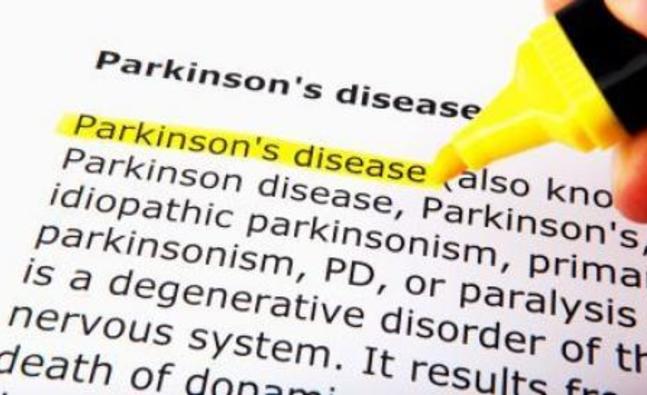The best diet according to our genes

One diet does not rule them all
It’s true – a diet that worked for your friend may not work for you... and genes could be to blame.
This is according to new findings in mice that show that diet response is highly individualised.
"There is an over-generalisation of health benefits or risks tied to certain diets. Our study showed that the impact of the diet is likely dependent on the genetic composition of the individual eating the diet, meaning that different individuals have different optimal diets,” said William Barrington, Ph.D., a researcher from North Carolina State University who conducted the study.
A diet based on average responses doesn’t suit us all
This not only has implications for people seeking the healthiest diet, but also for dietary recommendations. Since recommendations are based on average responses of many people, they may not be applicable to many individuals.
"Our study showed that the impact of the diet is likely dependent on the genetic composition of the individual ... meaning that different individuals have different optimal diets" - William Barrington, Ph.D.
Four diets put to the test
The researchers used four mouse strains to model genetic diversity. For six months the mice received food equivalent to the following diets:
- Today's Western diet
- A traditional Japanese diet
- A traditional Mediterranean diet
- A high fat, low carb Atkins-like diet known as ketogenic
Some mice received standard mouse chow for comparison. The mice could eat as much food as they wanted, but the researchers kept tabs on how much was consumed.
The impact of different diets
The researchers monitored a variety of health-related diet responses and found that effects of each diet were strongly dependent on the strain of mice.
- Western diet - While mice eating the Western diet generally showed negative health effects, including increased obesity, fatty liver disease, and detrimental effects on cholesterol, the severity of those effects varied widely depending on the strain. In fact, one strain of mice appeared largely resistant to any negative health effects from this diet.
- High fat diet - The Western diet and the ketogenic diet, which are both high in fat, showed opposite responses for two strains of mice. For one strain, the researchers observed very negative health effects on the Western diet, including increased obesity and fatty liver disease, but saw no negative health effects when this strain ate the high fat, low carb ketogenic diet. On the other hand, a different strain of mice had increased obesity and signs of metabolic syndrome on the ketogenic diet but was much healthier on the Western diet.
- The ketogenic diet - For all the mouse strains, the ketogenic diet increased calorie burn without any increase in activity level, but some strains of mice ate so much on this diet that they still became obese and experienced negative health effects.
"Given the metabolic and genetic similarity of humans and mice, it is highly likely that the level of diversity of diet response seen in our study will also be observed in humans," said Barrington. "Since there are different optimal diets for different individuals, this underscores the need for precision nutrition, which would identify optimal dietary patterns for each person."
-
Dilute calories to limit weight gain
-
Burn calories performing bounding
-
56 Ways to Start Losing Weight Today
This article was republished with permission from POPSUGAR Fitness. L
-
Cut the sugar and slim your waistline
-
Increase workout duration and lose weight quicker
-
8 Effective Benefits Of White Tea For Weight Loss
Tea has been known for its medicinal values since ages. Most of us are
- DON'T MISS
- Wave goodbye to the bakery
- Womens weight is different to mens!
- 6 Weight loss strategies for success
- Diet Soda and Weight Gain
- Why eating chickpeas is so good for you
- Lower the sugar content in burgers
- Wash your own car to burn calories
- 7 Ways to boost your metabolism daily this spring
- I Overhauled My Eating Habits and Lost More Than 150 Pounds
- Crazy celeb diet tricks: The Cigarette Diet




